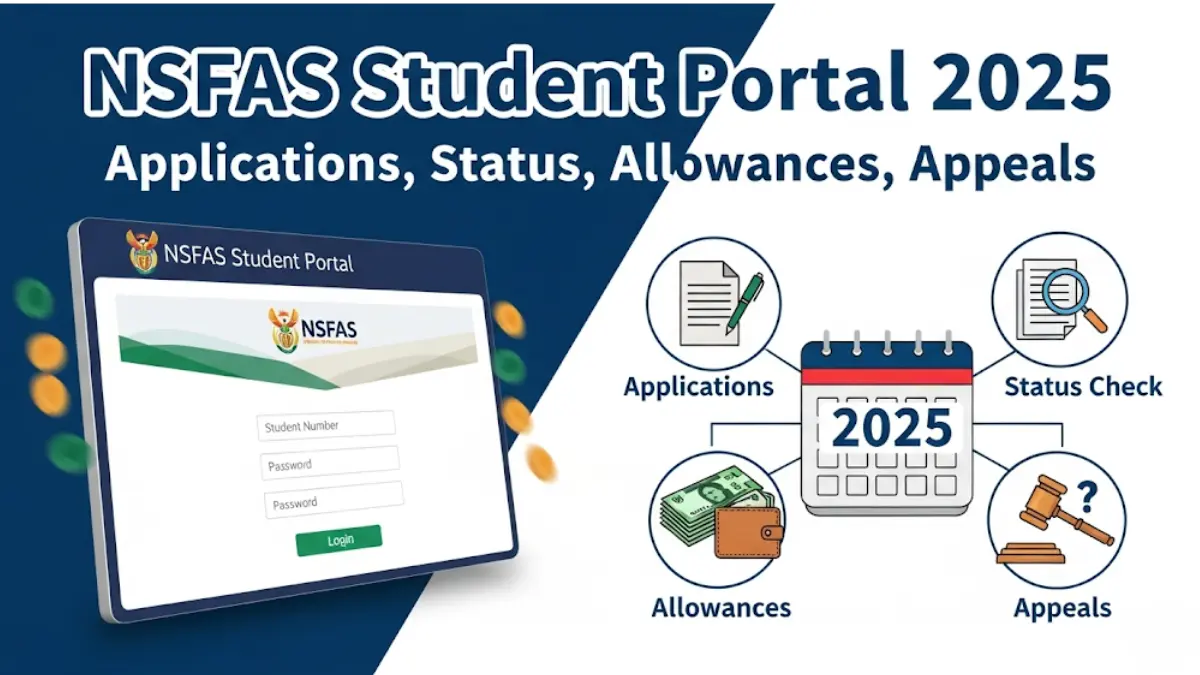Estonia e-Residency vs Lithuania e-Residency vs Palau e-Residency 2025
E-Residency Programs Comparison: Estonia, Lithuania, and Palau
digital residency programs are a growing topic worldwide More countries now offer e-Residency, which allows people to access government or business services without living there physically. The most talked-about options in 2025 are Lithuania e-Residency, Estonia e-Residency, and Palau e-Residency. Each has unique features, benefits, and challenges. This guide explains them in detail so you can choose the one that fits your needs.
What Is E-Residency?
E-Residency is a digital identity program. It gives foreigners the right to use some online services of another country You can sign documents, open companies, manage taxes, and in some cases, get access to financial services. But it does not give you citizenship, a visa, or the right to live in that country. Instead, it is a tool for global entrepreneurs and freelancers.
Estonia e-Residency
Estonia is the pioneer of e-Residency. It launched its program in 2014. Today, it remains the most developed and popular.
Key Features in 2025
- Application fee is €150 for both new and renewal applications.
- Access to Estonia’s strong digital government system.
- Ability to set up an EU company fully online.
- Digital ID card with secure signatures.
- Taxes apply in Estonia only if profits are distributed.
Updates in 2025
- Estonia reported €68 million in revenue in the first half of 2025 from e-Residency.
- New rules mean companies with no physical presence in Estonia may not get a VAT ID anymore.
- Tax on distributed profits has increased.
- Citizens of certain countries face extra application restrictions.
Best For
Entrepreneurs who want EU market access, digital nomads, and freelancers with international clients.
Lithuania e-Residency
Lithuania launched its e-Residency program in 2021. It followed Estonia’s lead but added its own approach.
Key Features
- Digital identity card to access government and business services.
- Ability to open a company in Lithuania.
- Easier tax declaration for online businesses.
- Designed to support small companies and freelancers.
Current Status
- Lithuania’s program is still smaller compared to Estonia.
- The services are focused more on business formation and less on global networking.
- In 2025, Lithuania has been working to attract startups with simplified rules and faster approval times.
Best For
People who want a cheaper EU entry point, or those who prefer Lithuania’s growing startup ecosystem.
Palau e-Residency
Palau is the first Pacific Island nation to launch e-Residency. It is different from European programs.
Key Features
- Digital ID issued online.
- Often linked with blockchain technology.
- Includes access to some financial services and participation in Palau’s digital ecosystem.
- Focus on privacy and global remote workers.
Current Status
- Palau’s program is not tied to EU access like Estonia and Lithuania.
- It attracts crypto entrepreneurs and people who want a low-cost digital residency.
- Palau markets it as a flexible, innovative way to have a recognized online identity.
Best For
Freelancers, blockchain users, and digital nomads who want flexible ID solutions but do not need EU business presence.
e-Residency Comparison
| Feature | Estonia e-Residency | Lithuania e-Residency | Palau e-Residency |
|---|---|---|---|
| Launch Year | 2014 | 2021 | 2022 |
| Region Focus | European Union | European Union | Pacific / Global |
| Company Setup | Yes (EU company) | Yes (Lithuanian company) | Limited business setup |
| VAT ID Access | Restricted in 2025 | Available | Not EU related |
| Application Fee | €150 | Lower than Estonia | Relatively low |
| Best For | EU market access | Startups and small firms | Crypto and remote workers |
Similarities Between All Three
- None of them grant citizenship or visa rights.
- All provide a form of digital identity.
- Designed mainly for global entrepreneurs and digital nomads.
- Applications are made online.
Differences That Matter
- Estonia is best for those who want strong EU credibility.
- Lithuania is a smaller but flexible program.
- Palau is more about digital freedom and blockchain, not the EU.
- Costs and tax rules differ widely. Estonia is more expensive than Lithuania and Palau.
How to Choose the Right Program
When choosing between these three, ask yourself:
- Do I need EU access for business and trade? → Estonia or Lithuania.
- Do I want a low-cost ID with blockchain features? → Palau.
- Am I a startup founder looking for a simple EU setup? → Lithuania.
- Do I want a reliable global reputation? → Estonia.
Read More: U.S. Green Card Lottery 2025 – DV Lottery 2025 Registration Dates Fees and Eligibility
Conclusion
In 2025, Estonia, Lithuania, and Palau all offer e-Residency, but they target different groups. Estonia is the most trusted EU option. Lithuania is a rising competitor with simpler processes. Palau is the alternative for crypto and nomads outside Europe. The best choice depends on your goals. If your focus is EU business, Estonia and Lithuania lead the way. If you want digital freedom, Palau may suit you better.


